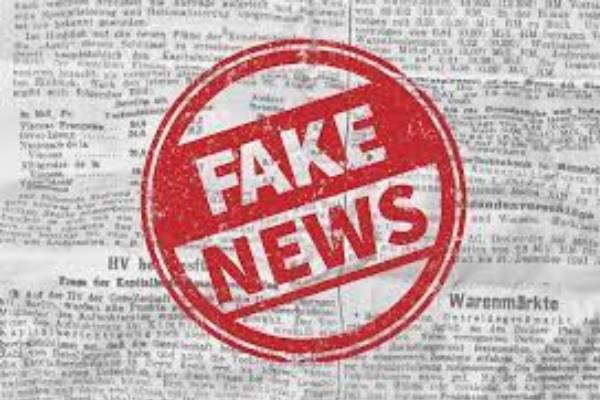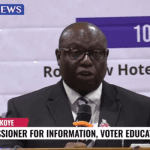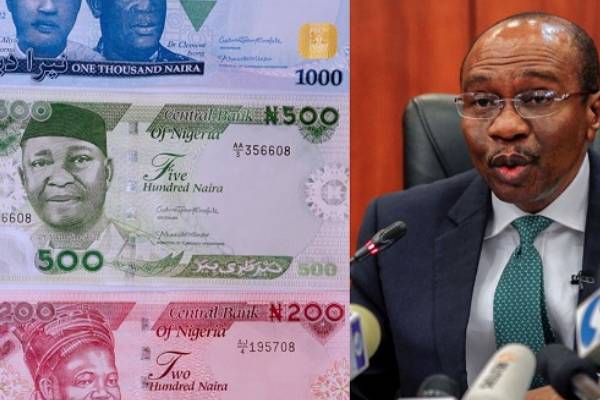The Independent National Electoral Commission and Civil Society Organisations working in the media space have held talks about growing concerns on the spread of fake news and disinformation and how it may threaten the peaceful conduct of next year’s general election.
INEC’s commissioner for Information and Voter Education Festus Okoye says the spread of hate speech and fake news is a direct threat to the conduct of election, he commended the international press Centre and other members of the civil society for providing a platform to sensitise journalists on the need to avoid being used as tools to spread fake news and disinformation.
The interaction between INEC, CIVIL Society and the Media is aimed at identifying and mitigating flashpoints of electoral misinformation and disinformation.
The role being played in the period leading up to the 2023 General Election has been a major source of concern among stakeholders who have `been worried as to what will happen with the level of interaction such may and will get on Social Media.
The concern also pertains to the threat of or actual Violence erupting following the spread of such news on Social media or elsewhere.
This has also led to many especially the Political class having divergent views on the measures to be put in place to regulate fake news and spread of unfounded or fabricated news on the Social Media.
For those in Government, regulation of the operations of Social Media platforms and Organisations is the way to go through the implementation and enforcement of the Cyber Act 2015 which relates to the use of Social Media to Bully, Coerce and also spread fake or unfounded allegation and News on the Internet either through publications and on Social Media.
Concerns like this was also behind the decision of the Federal Government to ban the Social Media platform, Twitter, for some months between 2021 and early this year following allegations of spreading and allowing the spread of fake news through the platform.














